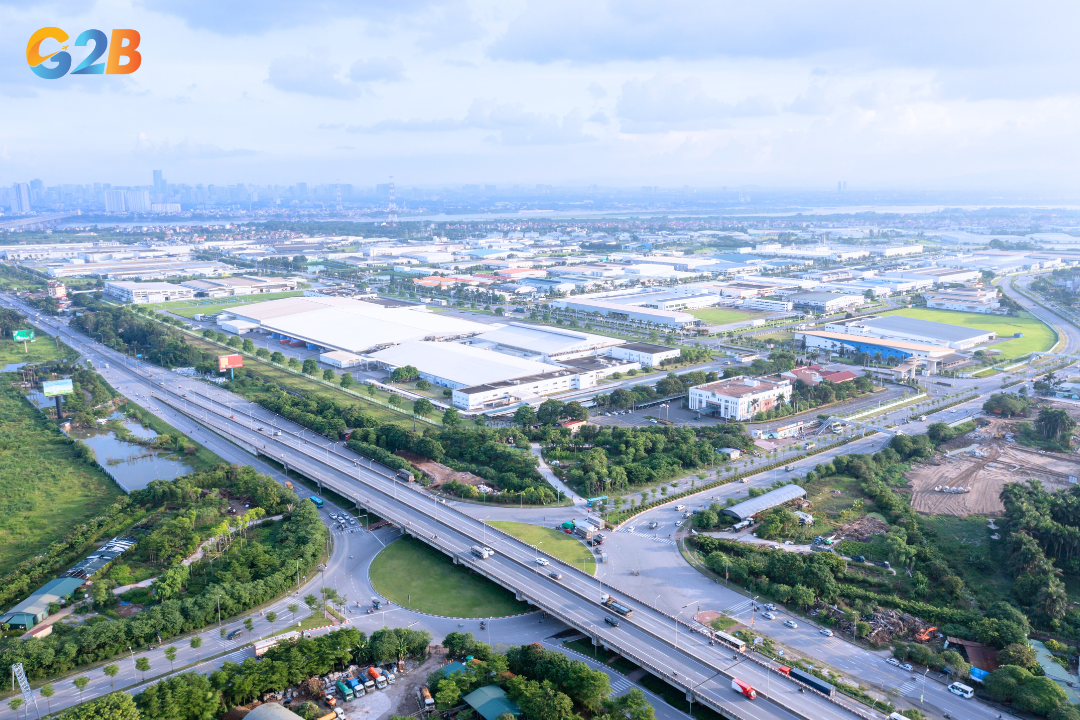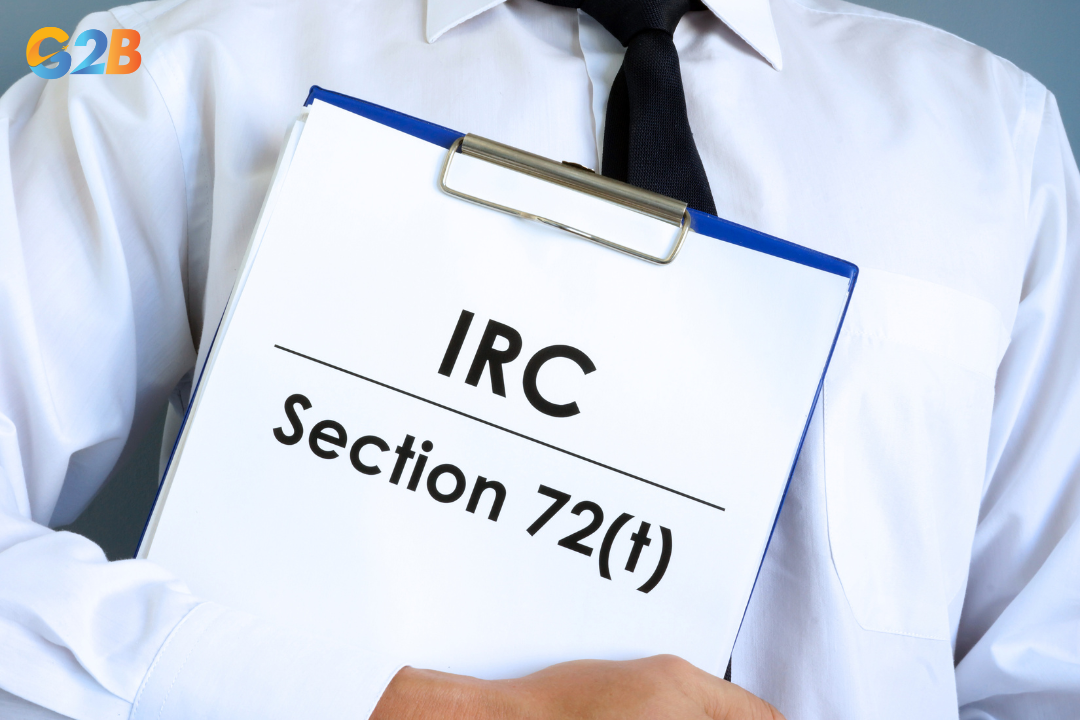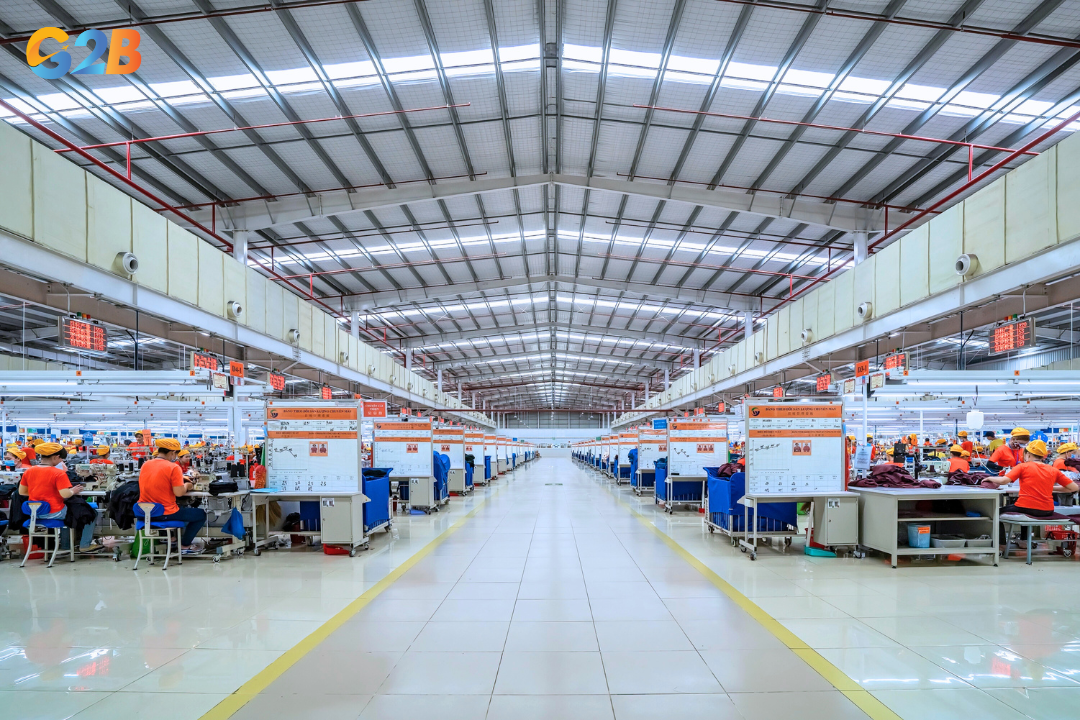Incorporating a manufacturing factory in Vietnam is an attractive opportunity for foreign investors due to its favorable business environment, cost-efficient labor market, and strategic location in Southeast Asia. However, setting up a factory in Vietnam requires careful planning and compliance with legal regulations. This guide outlines the essential steps of how to incorporate in Vietnam in the manufacturing sector.
How to incorporate in Vietnam: Manufacturing factory
Establishing a manufacturing factory in Vietnam involves several considerations, such as selecting a location, meeting regulatory requirements, and obtaining relevant permits. Each step is vital to ensure smooth operations and legal compliance.
Choosing a location to establish a factory
Renting a pre-built facility or industrial land
Investors can lease pre-built factories or land within industrial zones, export processing zones, or high-tech parks. Renting pre-built facilities is ideal for small-scale operations looking to commence quickly without significant construction costs. These buildings are designed to meet industrial needs and often come equipped with basic utilities such as electricity, water, and waste management. For medium to large-scale operations, leasing land in industrial or export processing zones provides long-term benefits. These areas are governed by regulations tailored to manufacturing enterprises, often offering tax incentives, improved logistics, and streamlined administrative processes.
Leasing directly from the State or converting residential land
Long-term projects requiring large land areas can be leased directly from the State. While this option offers control and flexibility, it often involves complex administrative processes, including obtaining land use approval and ground clearance. Investors must navigate land-use planning policies and may face delays due to unresolved local disputes or unapproved zoning. Alternatively, investors who own residential land may convert it for industrial use. This requires compliance with provincial regulations, including work construction density standards and approval of detailed construction plans. Factories must adhere to safety and environmental regulations to obtain construction permits.

Establishing a manufacturing factory in Vietnam involves several considerations
Approval of the environmental impact assessment report
Conducting environmental impact assessments
Manufacturing projects often generate environmental impacts, making it essential to conduct environmental impact assessments (EIA) during the planning phase. Decree No. 18/2015/ND-CP requires EIAs for projects in automobile production, chemicals, and heavy manufacturing. The assessment evaluates potential risks to air, water, and soil quality and proposes mitigation strategies. The application for an EIA includes a formal request for appraisal, a comprehensive environmental report, and feasibility studies. These documents are submitted to the People's Committee of the province for evaluation. Conducting EIAs ensures compliance with Vietnam's environmental protection laws and reduces potential business liabilities.
Submitting documentation for environmental approval
An application for environmental approval includes detailed project plans and an environmental impact assessment. The process requires seven copies of the environmental report for review by the appraisal council. Following appraisal, investors must submit revised reports addressing any council recommendations. The People’s Committee has a 30-day timeline for evaluation. An environmental protection plan must be submitted for factories exempt from EIA requirements. This more straightforward process includes investment and production details and is approved by the Department of Natural Resources and Environment. Timely submissions and adherence to requirements expedite project approval, enabling smooth operations.
Take the next step to incorporate your manufacturing business in Vietnam
After finalizing the location and securing environmental approvals, investors must complete the next company incorporation procedure in Vietnam - the registration process. Obtaining investment and business certificates is a critical step in formalizing the establishment of the manufacturing facility.
Apply for an Investment Registration Certificate
For projects requiring policy approval
Large-scale or sensitive projects may require investment policy approval from authorities such as the National Assembly, the Prime Minister, or provincial committees. Approval depends on the project's scale, economic impact, and land-use requirements. Documentation includes detailed project proposals, financial statements, land use plans, and socio-economic impact assessments. Investors must clearly outline objectives, schedules, and resource needs, ensuring alignment with Vietnam's industrial development priorities. After approval, the Investment Registration Certificate (IRC) is issued within five working days, formalizing the investor’s rights. This process provides a legal framework for large projects while ensuring they align with national interests.

An IRC is essential for initiating manufacturing operations in Vietnam
For projects not requiring policy approval
Smaller projects bypass policy approval but must still obtain an IRC. Required documents include project plans, legal identification, and proof of financial capacity. Lease agreements or land-use rights must also be submitted to confirm the project location. Applications are initially registered online and finalized at the Management Board of Industrial Zones. Processing times average 15 days, and rejected applications receive written explanations. This streamlined process facilitates quick establishment for smaller investors, ensuring their readiness for market entry. G2B services provide assistance in the incorporation of new company in Vietnam in the manufacturing sector, ensuring smooth operations and minimizing legal risks from the outset.
Apply for a Certificate of Business Registration
Submitting an enterprise registration application
Once the IRC is issued, investors must apply for a Business Registration Certificate (BRC) to formalize the company’s establishment. Applications require a business registration form, draft charter, and identification documents for shareholders or members. Limited liability companies and joint-stock companies must submit additional member or shareholder lists. After submission, the Business Registration Authority reviews the application and issues the BRC within 3 - 5 working days if all documents are valid. To complete the process, investors must also publish the company’s registration information on the National Business Registration Portal.
Securing construction permits
Factories requiring new construction must obtain permits before commencing work. Applications include technical designs, land-use approvals, and environmental management plans. Compliance with safety and zoning regulations is critical, as well as ensuring that the factory adheres to legal standards. Management boards in industrial zones oversee the permitting process, approving valid applications or issuing rejection notices for incomplete submissions. This step is essential for building a compliant and safe manufacturing facility.
Obtain a fire prevention and fighting license
Fire safety is a legal and operational necessity for manufacturing facilities. Applications for a fire prevention license must include safety compliance certifications, testing reports, and inspection records. Investors must also inventory fire-fighting equipment and establish a fire prevention team with trained personnel. These measures not only ensure legal compliance but also protect employees, assets, and surrounding communities from potential fire hazards. Applications are submitted to the Department of Fire and Rescue Police, which evaluates compliance. Investors can authorize representatives to handle the process, provided a power of attorney is included.

Fire safety compliance is integral to the secure operation of manufacturing facilities
Investors can establish and operate manufacturing factories by carefully navigating Vietnam’s regulatory framework. This structured approach minimizes risks, ensures legal compliance and positions businesses to capitalize on Vietnam’s dynamic industrial growth. With G2B, you're not just choosing a consultancy to help setting up a business in Vietnam, you're choosing a partner who will stand by your side throughout your entrepreneurial journey. Contact G2B today to learn more about how to incorporate in Vietnam in the manufacturing sector!


 Delaware (USA)
Delaware (USA)  Vietnam
Vietnam  Singapore
Singapore  Hong Kong
Hong Kong  United Kingdom
United Kingdom 
